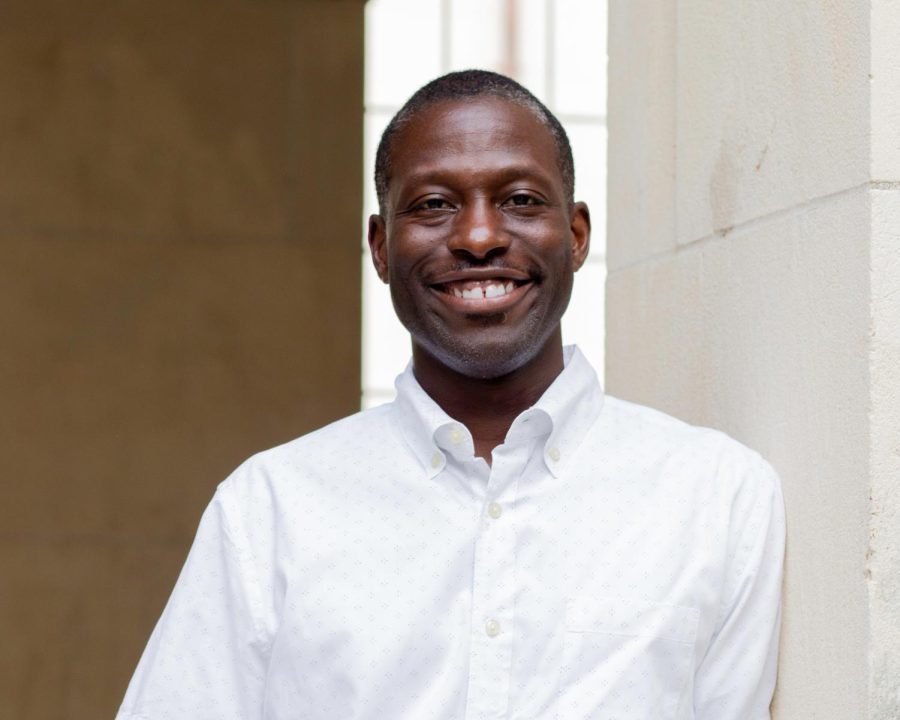UT professor Roger Reeves receives Griffin Poetry Prize for his book ‘Best Barbarian’
June 19, 2023
After competing against more than 600 other poets, associate professor Roger Reeves won the Griffin Poetry Prize for his book “Best Barbarian” on June 7.
“It’s unlike anything I could have imagined I would ever win,” Reeves said. “I’m humbled by it.”
According to its website, The Griffin Poetry Prize is the world’s largest international prize — $130,000 — for a single book of poetry written or translated into English.
The prize was founded in 2000 with its first winner in 2001. Founder and chairman Scott Griffin said he worked with the other founders to “raise the profile of poetry” in just Canada initially and saw the need for the recognition of poetry globally.
“It was no longer really part of the curriculum in the schools,” Griffin said. “Very few people were buying poetry, fewer people were reading it and almost none were citing it. So, we felt that something had to be done.”
Soon enough, the award became international. Now, the organization gives away more than $200,000 in awards to poets around the world for their writing.
Reeves’ winning book is based on experiences from his life. Some of the topics include dealing with his father’s passing while becoming a father himself, music, race in America and the “ecstatic experience of language, of love.”
Reeves said he plans to use the money from the award to help out his mother and grandmother, two people that helped raise him and introduce him to language.
Reeves said he grew up with language. Raised in a household where his mother and grandmother loved to read, Reeves said he and his sister grew up surrounded by all sorts of books. Now, poetry is a “fundamental part” of how Reeves sees the world.
“I’m looking for poems. I’m hearing poems. I’m smelling poems. I’m tasting poems. I’m touching poems and looking to only sort of be in the poem,” Reeves said.
Reeves teaches multiple poetry classes at the University and said he enjoys his position.
“It’s great when you can find students who are as passionate as you are about the word and about poems and what poems might allow them,” Reeves said.
Creative writing professor Lisa Olstein, who works closely with Reeves, said she was “overjoyed” to hear about his accomplishment.
“I know that he is deeply engaged with the power and potential of language in poetry in a way that is at once, incredibly, erudite,” Olstein said. “I think that his is a fascinating and deeply committed poetic mind.”













